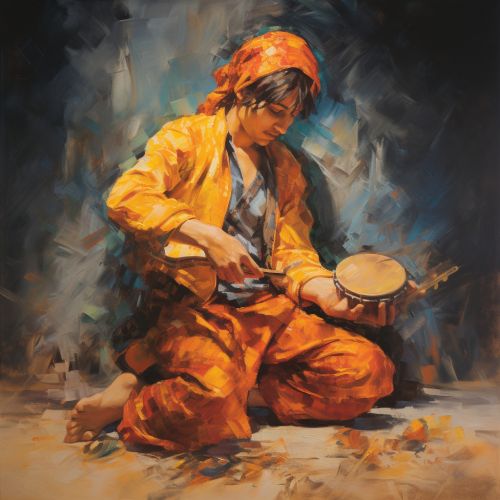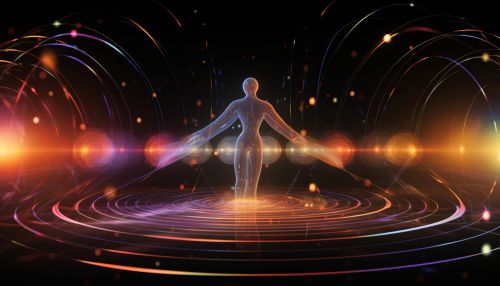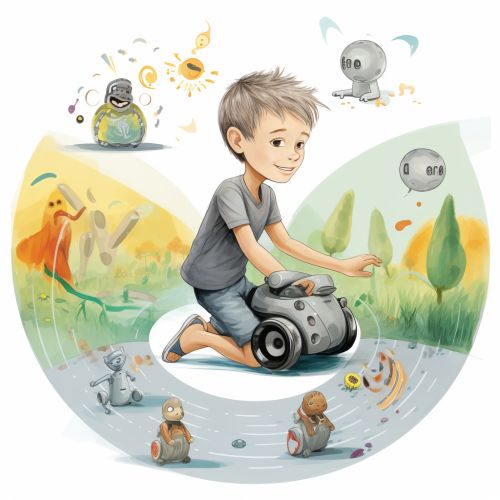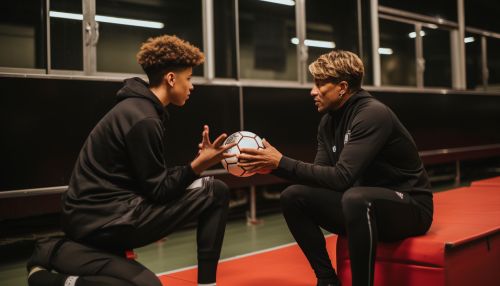The Science of Human Motor Learning
Introduction
Human motor learning refers to the process by which individuals acquire and refine skills involving the use of their muscles. This can range from simple actions like reaching and grasping to complex sequences of movements such as those involved in speech, writing, or playing a musical instrument. The study of human motor learning draws from a variety of disciplines, including neuroscience, psychology, and kinesiology.


Theoretical Frameworks
Information Processing Theory
Information processing theory posits that motor learning involves the acquisition and processing of information. This theory suggests that the brain functions much like a computer, taking in sensory information, processing it, and producing a motor output.
Ecological Theory
The ecological theory of motor learning emphasizes the role of the environment in shaping motor behavior. According to this theory, individuals learn motor skills by adapting to their environment and the task at hand.
Dynamical Systems Theory
Dynamical systems theory views motor learning as a process of self-organization. This theory suggests that motor behavior emerges from the interaction of various subsystems within the body, such as the nervous system, the musculoskeletal system, and the environment.


Stages of Motor Learning
Motor learning typically progresses through several stages, each characterized by distinct patterns of performance and neural activity.
Cognitive Stage
The cognitive stage of motor learning is the initial phase, where the learner is trying to understand the task. This stage involves a lot of trial and error as the learner attempts to understand the mechanics of the movement.
Associative Stage
In the associative stage, the learner begins to refine their movements. This stage involves a lot of practice and feedback, as the learner works to improve their performance.
Autonomous Stage
The autonomous stage is the final stage of motor learning, where the skill becomes automatic. At this stage, the learner can perform the skill without conscious thought, allowing them to focus on other aspects of the task.


Factors Influencing Motor Learning
Several factors can influence the process of motor learning, including the individual's age, physical condition, and cognitive abilities. Additionally, the nature of the task and the environment in which it is learned can also play a role.
Age
Age can have a significant impact on motor learning. While children and adolescents are often able to learn new motor skills quickly, adults may take longer to acquire new skills and may not reach the same level of proficiency.
Physical Condition
The individual's physical condition can also influence motor learning. For example, individuals with physical disabilities may require more time and practice to learn new motor skills.
Cognitive Abilities
Cognitive abilities, such as attention, memory, and problem-solving skills, can also play a role in motor learning. Individuals with cognitive impairments may struggle with motor learning, while those with strong cognitive abilities may excel.


Techniques for Enhancing Motor Learning
There are several techniques that can be used to enhance motor learning, including practice, feedback, and mental imagery.
Practice
Practice is perhaps the most important factor in motor learning. The more an individual practices a skill, the better they will become at it.
Feedback
Feedback can also play a crucial role in motor learning. This can come in the form of verbal feedback from a coach or teacher, or it can be intrinsic feedback that the learner experiences themselves.
Mental Imagery
Mental imagery, or the process of visualizing a movement in one's mind, can also be a powerful tool for enhancing motor learning.


Conclusion
The science of human motor learning is a complex and multifaceted field. It involves the study of how individuals acquire and refine motor skills, and draws from a variety of disciplines. Understanding the processes and factors involved in motor learning can help individuals improve their performance in a wide range of tasks, from simple actions to complex sequences of movements.
